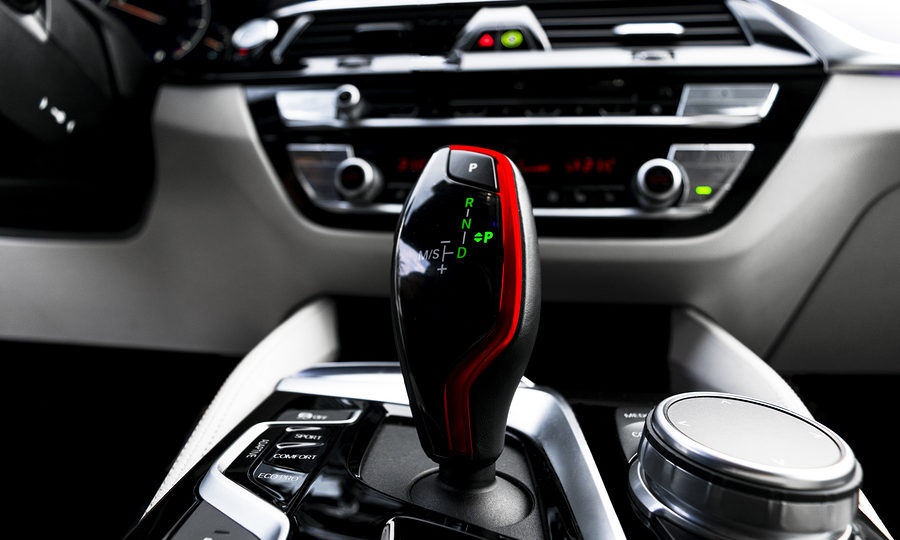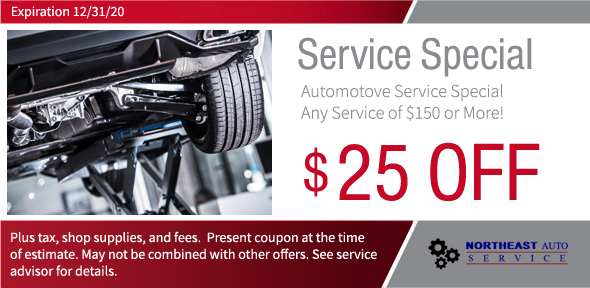Gas mileage is huge these days in the car buying market. Everyone wants to do good by the environment as well as their wallets. So when people are shopping around for a new vehicle, the common question concerning transmissions is guaranteed to arise. Should you buy a manual, stick shift car, or a more simple, modern-day automatic? The question has stimulated debates for decades, and is still, for the most part, quite undecided. This is because there is a thin line between which type is better for fuel economy.
Continue reading to learn more about transmissions and fuel consumption, as well as, what to do if you are concerned about your vehicle’s performance.

Gas Mileage Factors to Consider
Manual or automatic? That is the question; right? Well, the answer depends on many factors, namely the make and model of the vehicle, and the manner or style of driving you intend on doing. You see, in older automatic transmissions, a torque converter is used to couple the engine between gears, which in turn, burns more fuel and therefore, affects gas mileage. Oppositely, manual transmissions do not use a torque converter, but rather, a clutch.
So, if you are looking to buy a used, older vehicle, a manual might be more fuel efficient than an older, automatic transmission vehicle. On the other hand, newer make and model automatic transmissions are manufactured with an overdrive top gear that reduces RPM’s at high speeds, like on the interstate. They are also designed with 5, 6, or 7 speeds. All of these features allows for easier and smoother highway cruising and better gas mileage.
As for the type of driving a person does, manual and automatic transmission choices will differ. For example, if a person lives in a busy city area with constant stop-and-go traffic, a manual transmission vehicle could save on fuel (up to 2 MPG) because automatics tend to use more energy under these circumstances. If a person does a lot of interstate traveling, and prefers a new model vehicle, an automatic is a better choice for improved gas mileage.
How to Reduce Fuel Consumption
Wish to improve your fuel consumption in order to get better gas mileage? It all starts with proper car care and diligence. By staying current on inspections, oil changes, engine cleanings, tune-ups, tire rotations, and additional maintenance needs, you can make an instant and meaningful impact on your vehicle’s gas mileage. Another effective way to reduce fuel consumption is to simply drive more efficiently. This means carpooling when you can, avoiding engine revving, avoiding abrupt starting and stopping, and reducing your speed. All these combined can instantly increase your gas mileage by burning less fuel per mile.
If you believe your vehicles fuel consumption is experiencing problems, take it to a licensed mechanic for professional fuel system service and repair. Trained Indianapolis car mechanics retain the proper tools and equipment to diagnose fuel system problems and much more.
Indianapolis Car Maintenance and Care
Call Northeast Auto Service at 317-475-1846 for professional automotive service and repair in Indianapolis, Indiana. We’re ASE certified car mechanics who provide a wide range of auto repairs and maintenance for both foreign and domestic vehicles, including transmission repairs, fuel system repairs, and general automotive maintenance services. We also provide several amenities, such as free written estimates, flexible drop off and pickup hours, and more.

